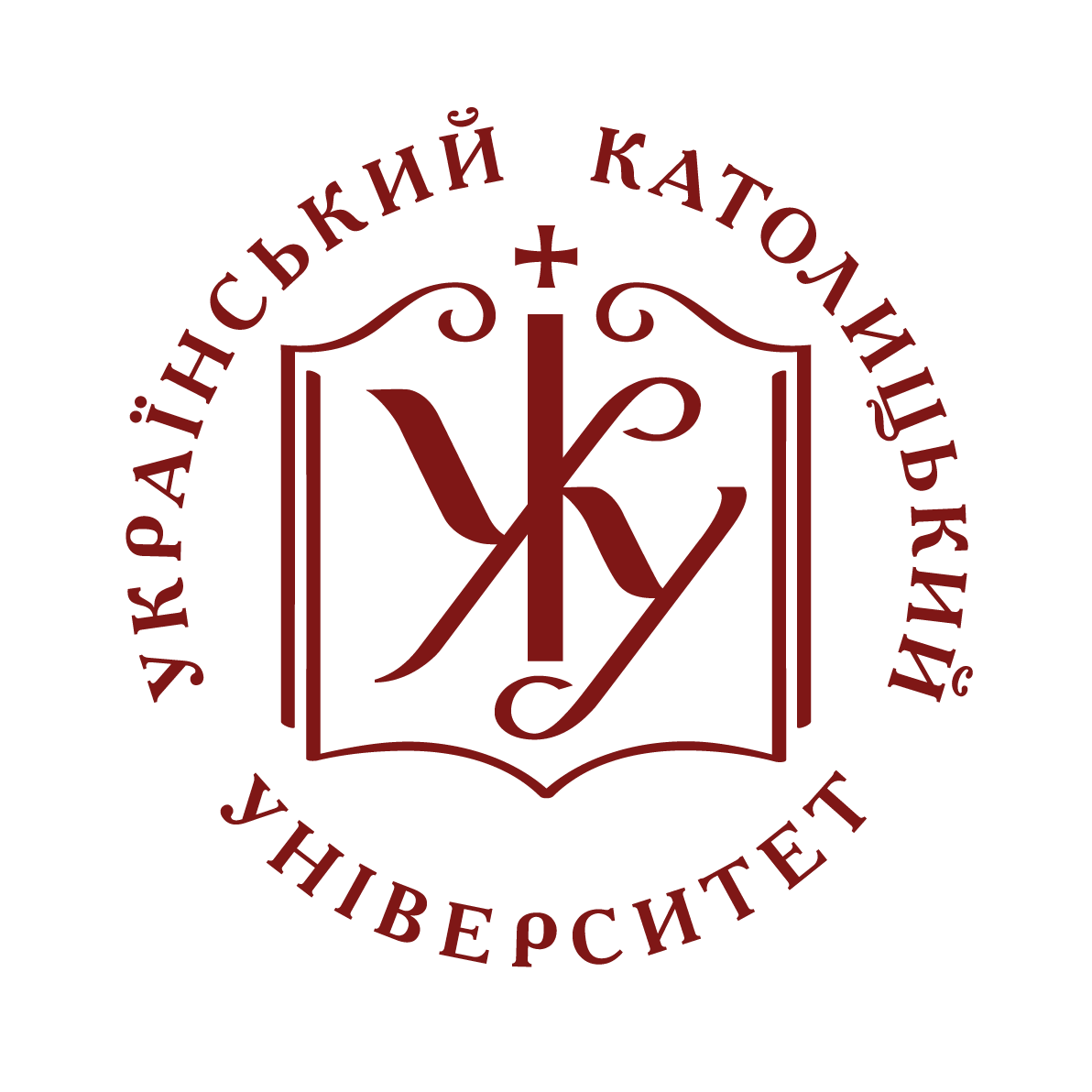- Домівка
- →
- Naukovi Zapysky UCU [Annals of the UCU] | Наукові записки УКУ
- →
- Серія "Філософія"
- →
- 2012 (вип. 1)
- →
- Перегляд матеріалів
Сценарії JavaScript вимкнено для Вашого браузера. Деякі функції цього сайту не будуть працювати без них.
Показати скорочений опис матеріалу
| dc.contributor.author | Sigov, Kostyantyn
|
|
| dc.contributor.author | Сігов, Костянтин
|
|
| dc.date.accessioned | 2015-04-01T15:22:07Z | |
| dc.date.available | 2015-04-01T15:22:07Z | |
| dc.date.issued | 2012 | |
| dc.identifier.citation | Сігов К. Европейські цінності на перехресті «наративних ідентичностей»: Поль Рікер та Сергій Кримський / Костянтин Сігов // Наукові записки УКУ. - 2012. - Ч. 3 : Філософія, вип. 1. - C. 161-169. | uk |
| dc.identifier.uri | http://er.ucu.edu.ua/handle/1/143 | |
| dc.description.abstract | У статті йдеться про внесок французького філософа Поля Рікера в розвиток европейської філософської думки ХХ століття. Автор підкреслює, що філософію Рікера, як і багатьох інших мислителів цієї епохи, сформував досвід тоталітаризму. Але, на відміну від інших, Рікер не закликав радикально порвати з традицією. Натомість він писав про перетин «наративних ідентичностей» як про вузловий досвід особистости і ключовий елемент усієї европейської культури. Антропоцентричний характер творчости Рікера автор порівнює з філософією Сергія Кримського. Обидва мислителі у своїх працях поєднали «класичний» і «некласичний» типи раціональности, наблизившись таким чином до вирішення ціннісної дилеми модерного европейського суспільства. | uk |
| dc.language.iso | uk | uk |
| dc.subject | Поль Рікер | uk |
| dc.subject | Сергій Кримський | uk |
| dc.subject | наративні ідентичності | uk |
| dc.subject | культура | uk |
| dc.subject | Европа | uk |
| dc.subject | посткласична філософія | uk |
| dc.subject | Paul Ricoeur | uk |
| dc.subject | Serhiy Krymsky | uk |
| dc.subject | narrative identities | uk |
| dc.subject | culture | uk |
| dc.subject | Europe | uk |
| dc.subject | postclassical philosophy | uk |
| dc.title | Европейські цінності на перехресті «наративних ідентичностей»: Поль Рікер та Сергій Кримський | uk |
| dc.title.alternative | European Values at the Crossing of Narrative Identities (Paul Ricoeur and Serhiy Krymsky) | uk |
| dc.type | Article | uk |
| dc.description.abstracten | The article discusses Paul Ricoeur’s contribution to the European thought of the 20th century. It stresses the fact that Ricoeur’s ideas, like those of many other philosophers of his time, were formed by the experience of totalitarianism. However, Ricoeur, unlike many others, never called for a radical break with the tradition. He wrote about the intersection of “narrative identities” as the core personal experience and the key element of the whole European culture. The human-centered nature of Ricoeur’s philosophy is compared with the ideas and approaches of Serhiy Krymsky, a Ukrainian philosopher. Both thinkers are shown to combine the “classical” and the “non-classical” forms of rationality, which helps them come closer to the solution of the dilemma of values faced by the modern European society. | uk |
| dc.relation.source | Наукові записки УКУ | uk |
Долучені файли
Даний матеріал зустрічається у наступних зібраннях
-
2012 (вип. 1) [27]


